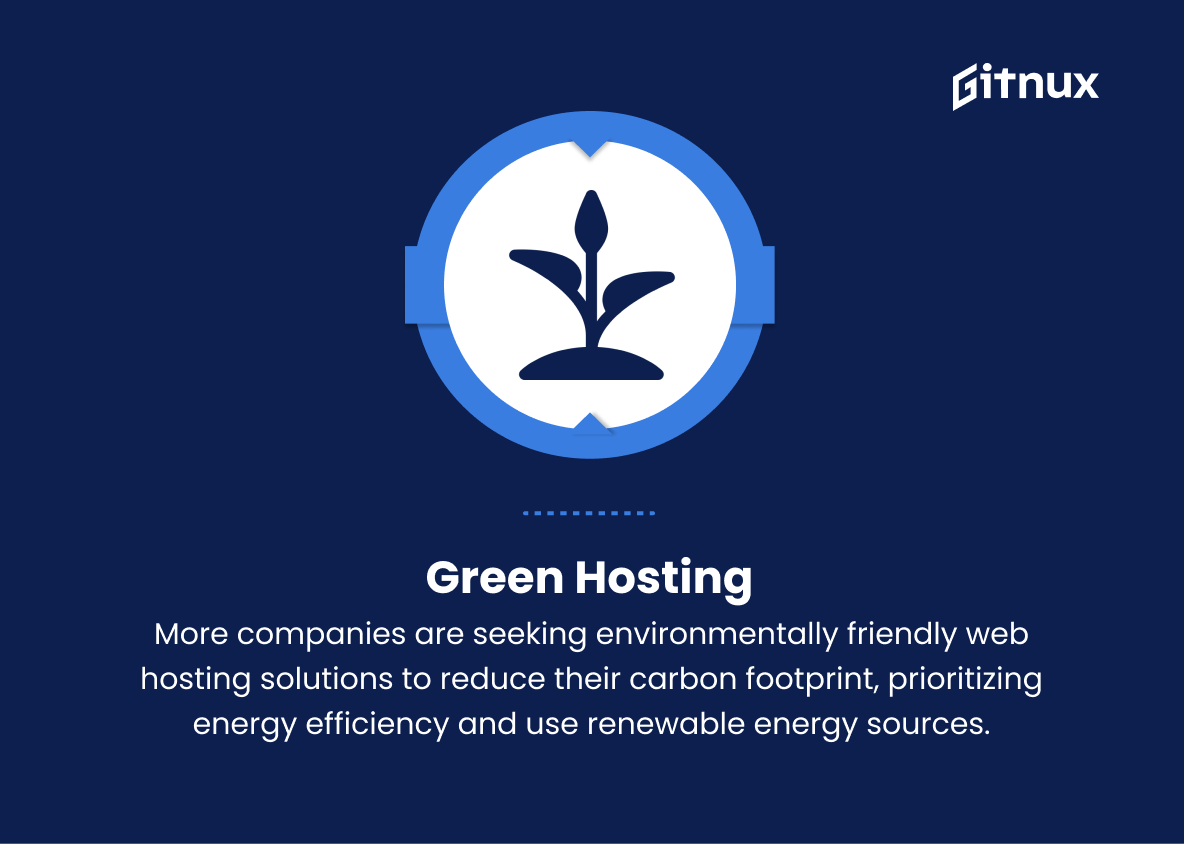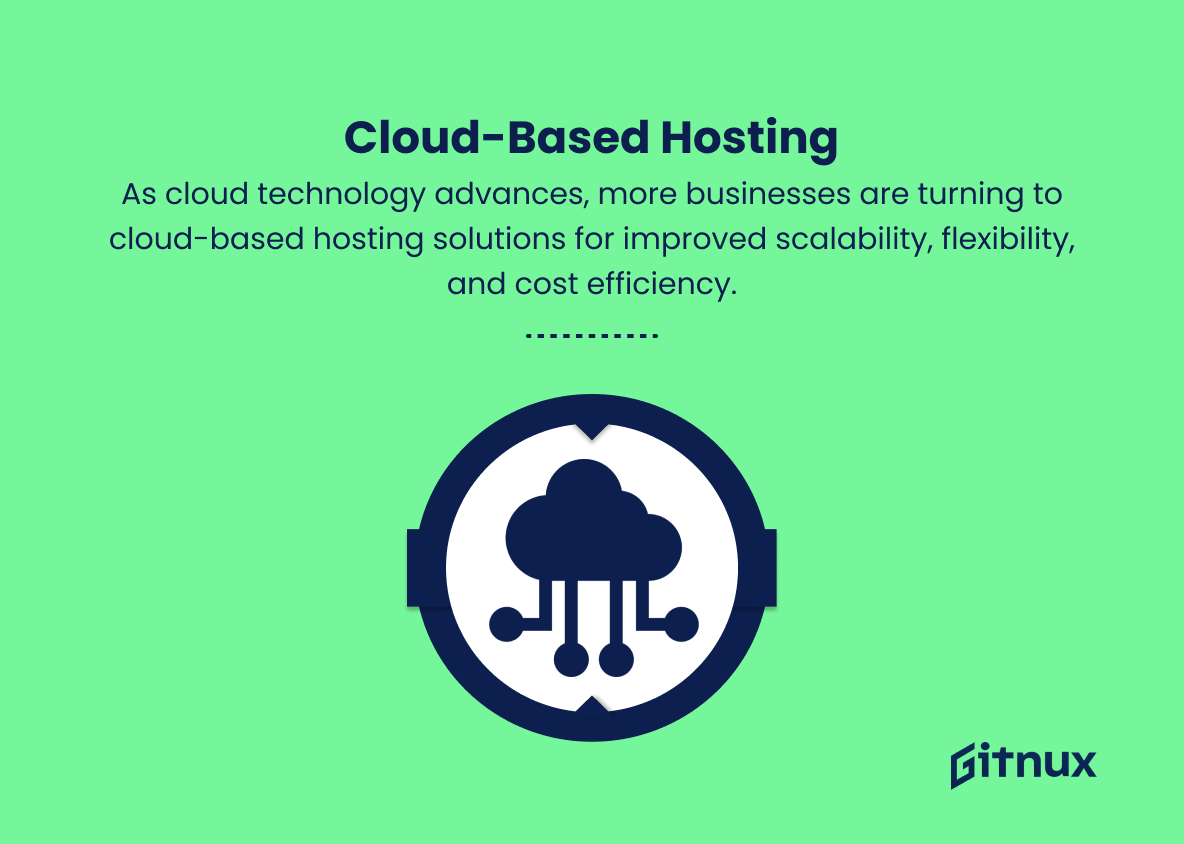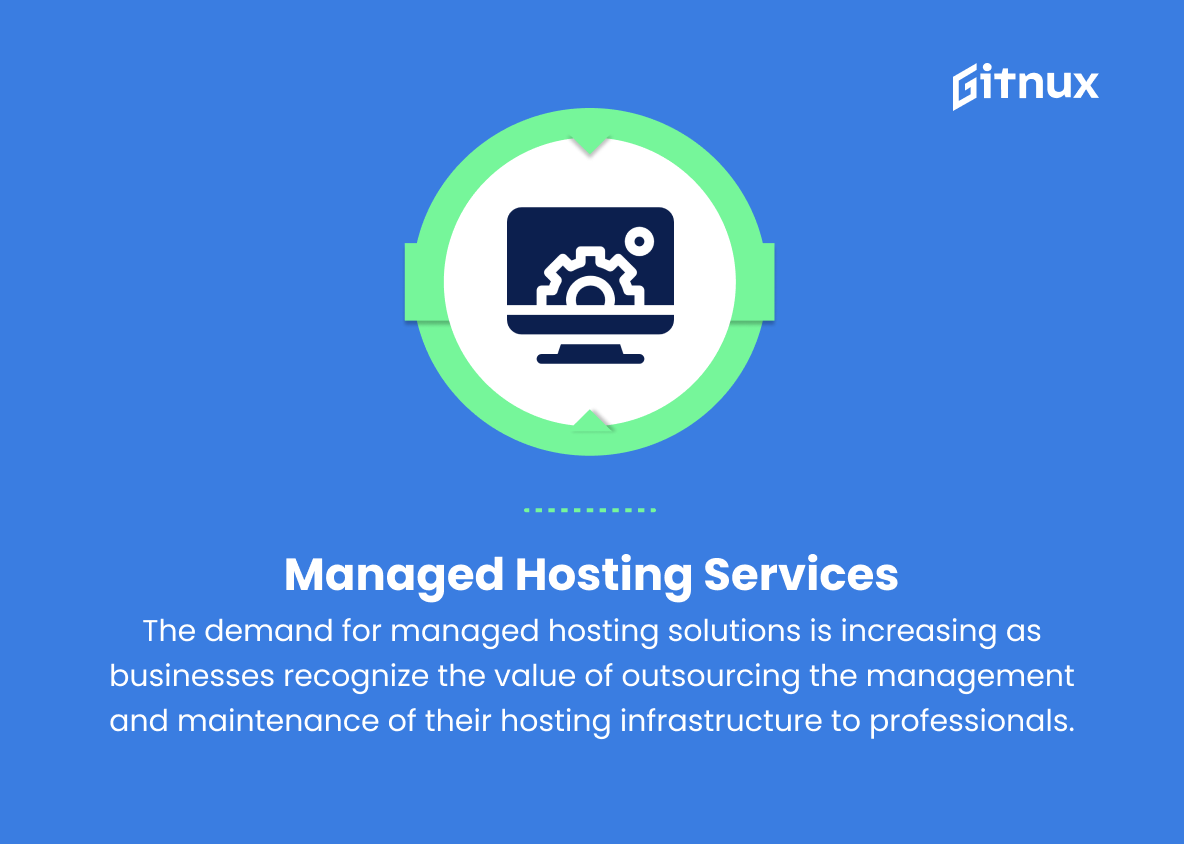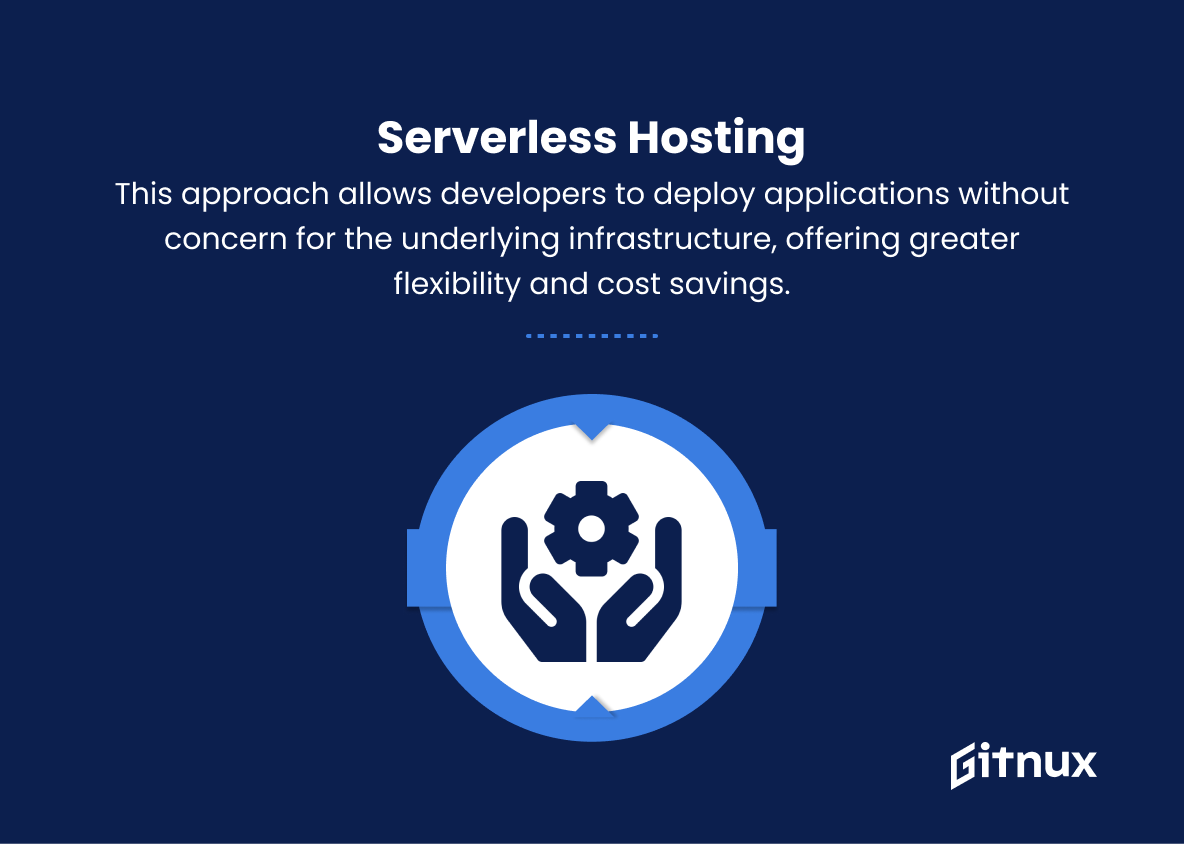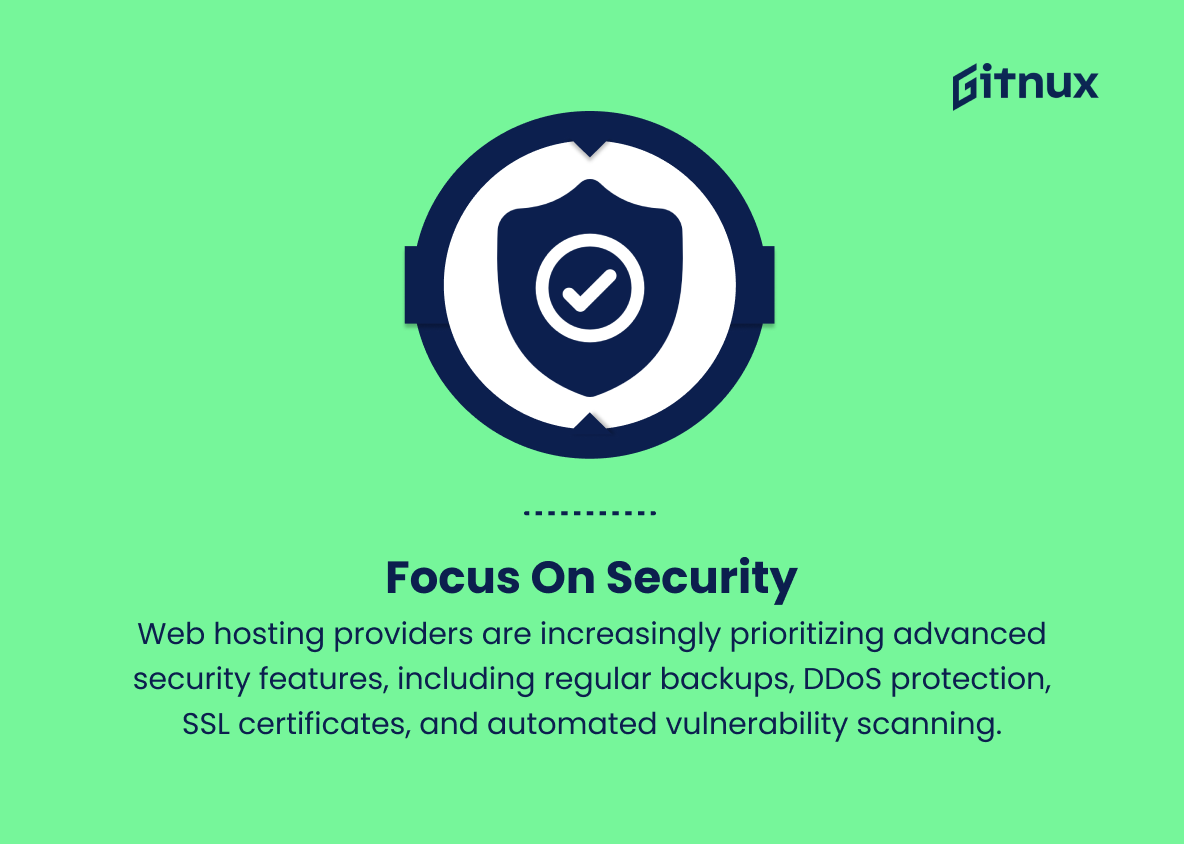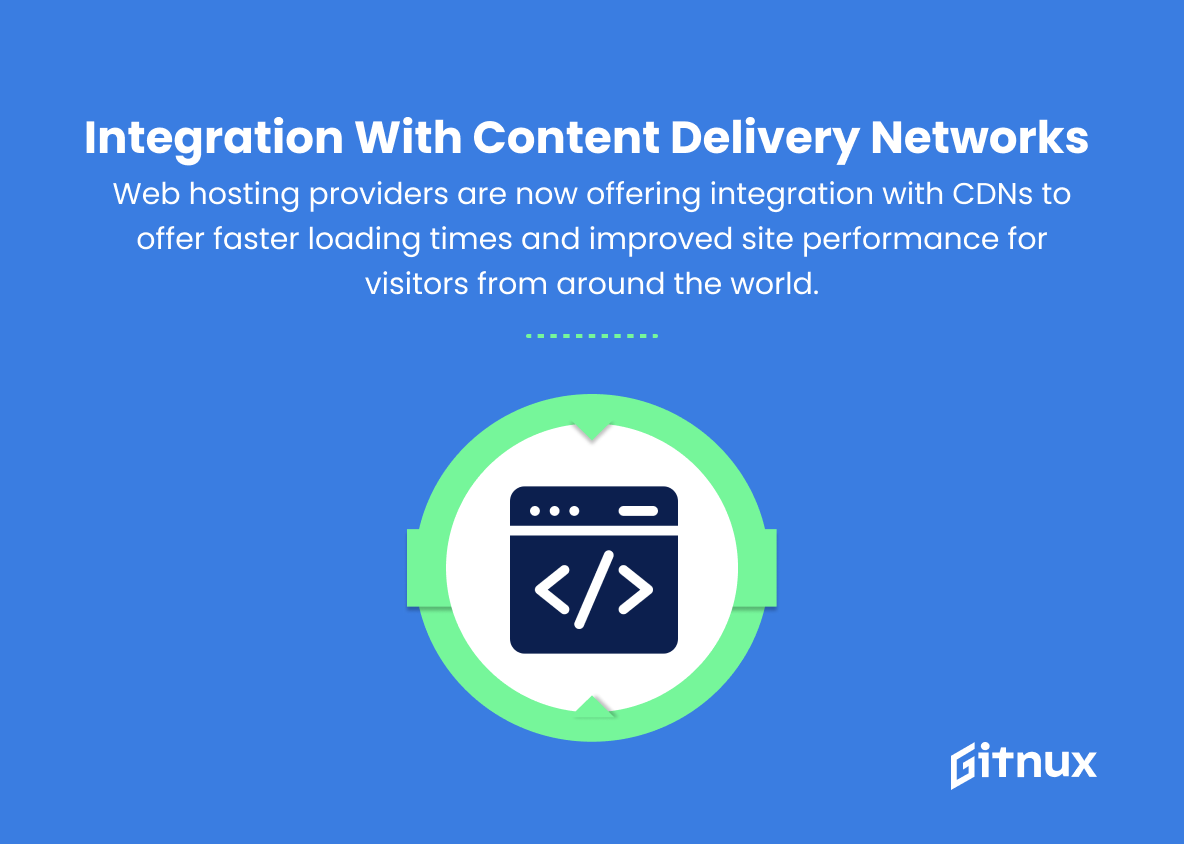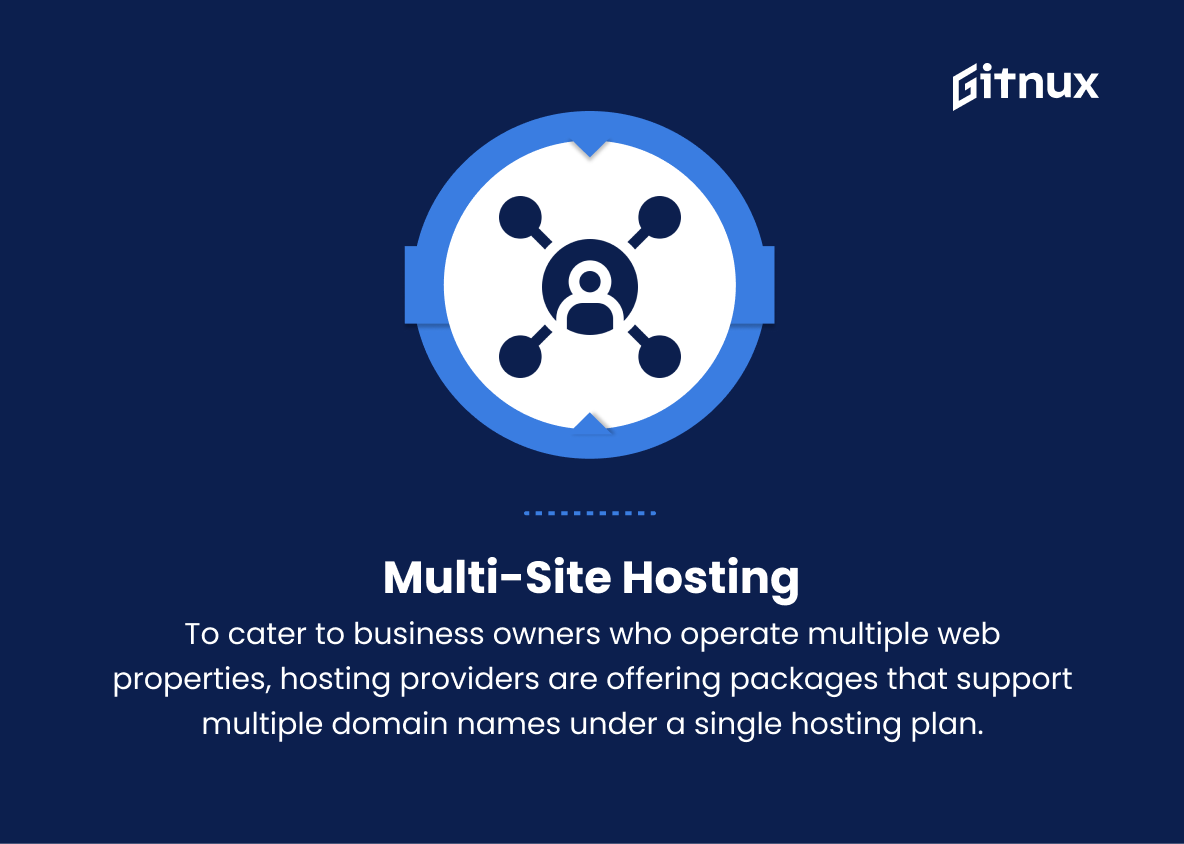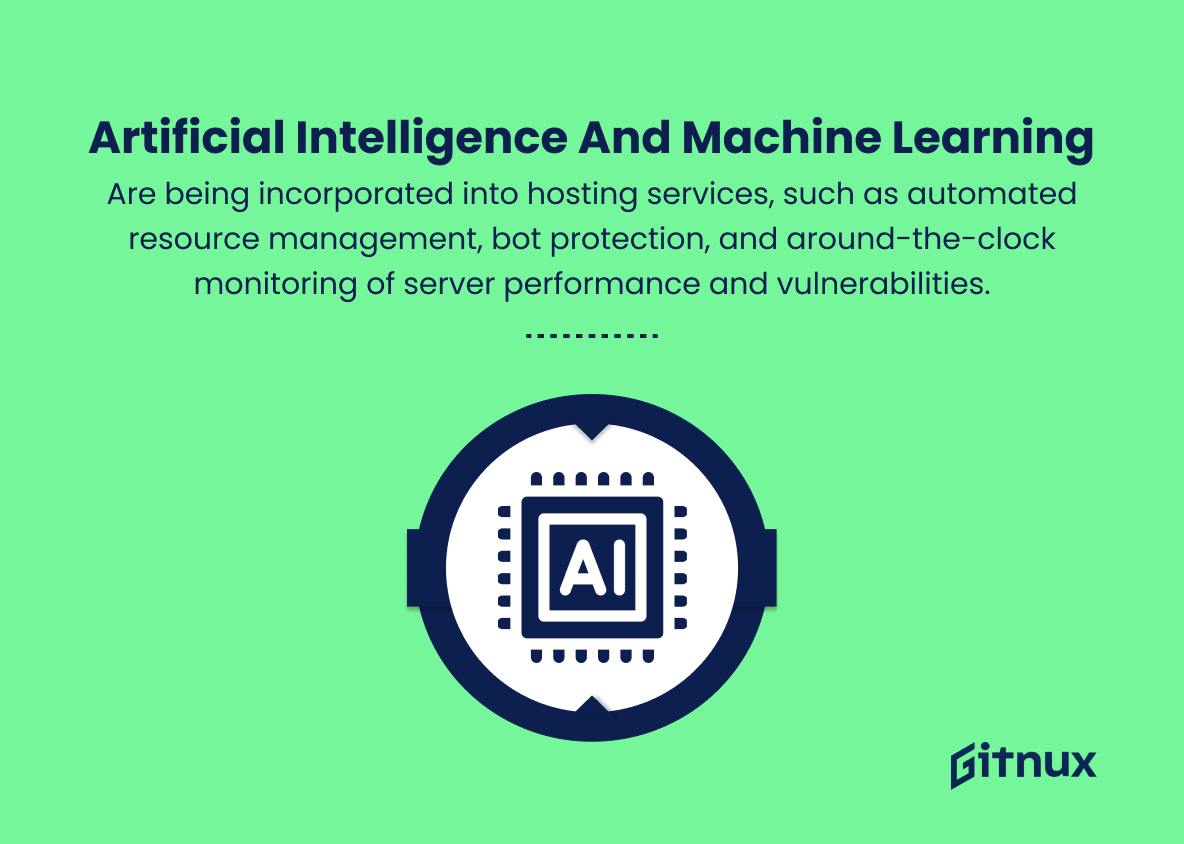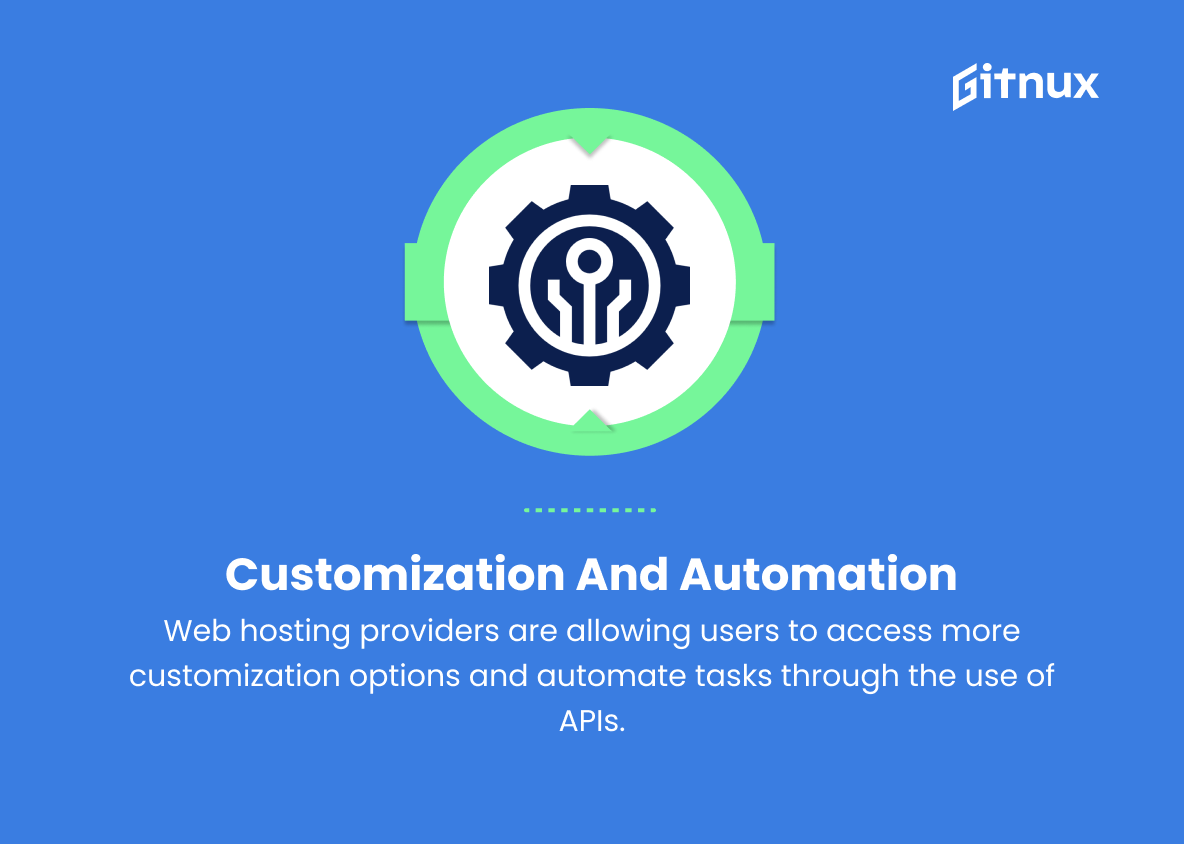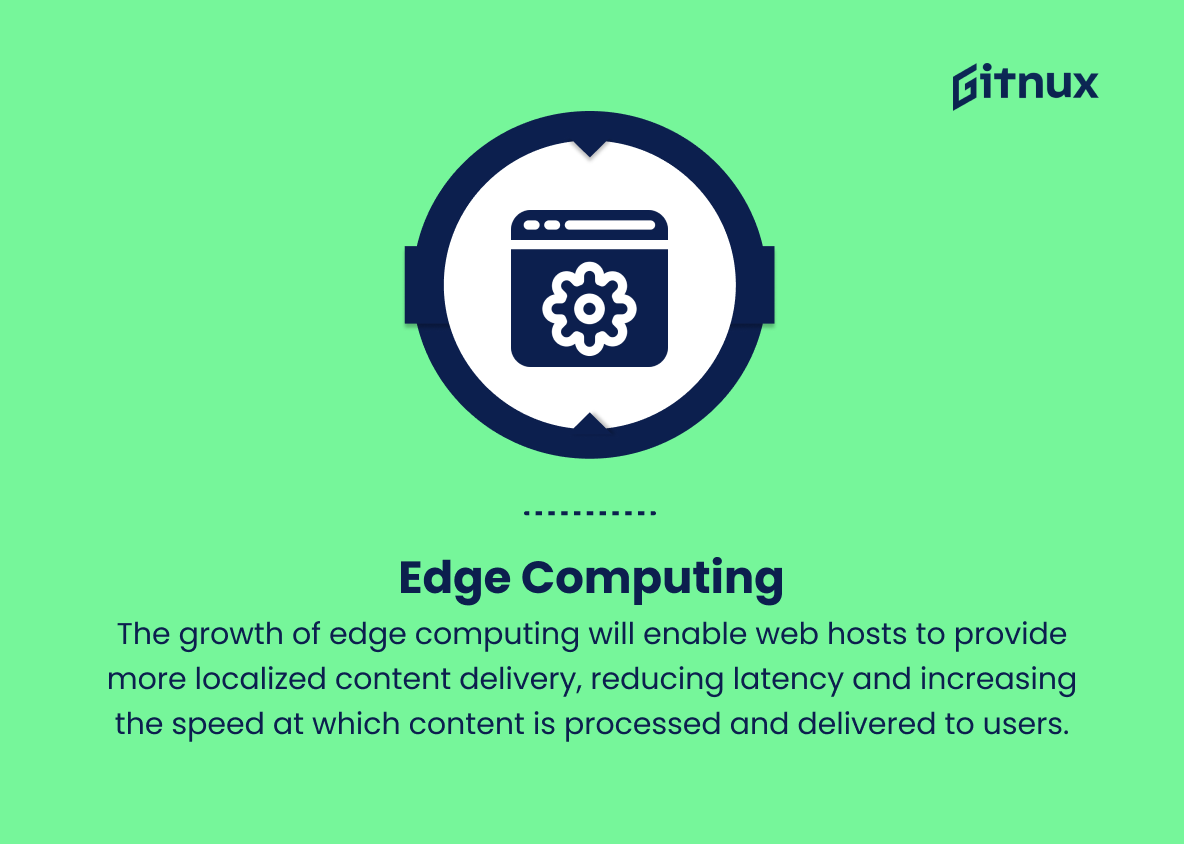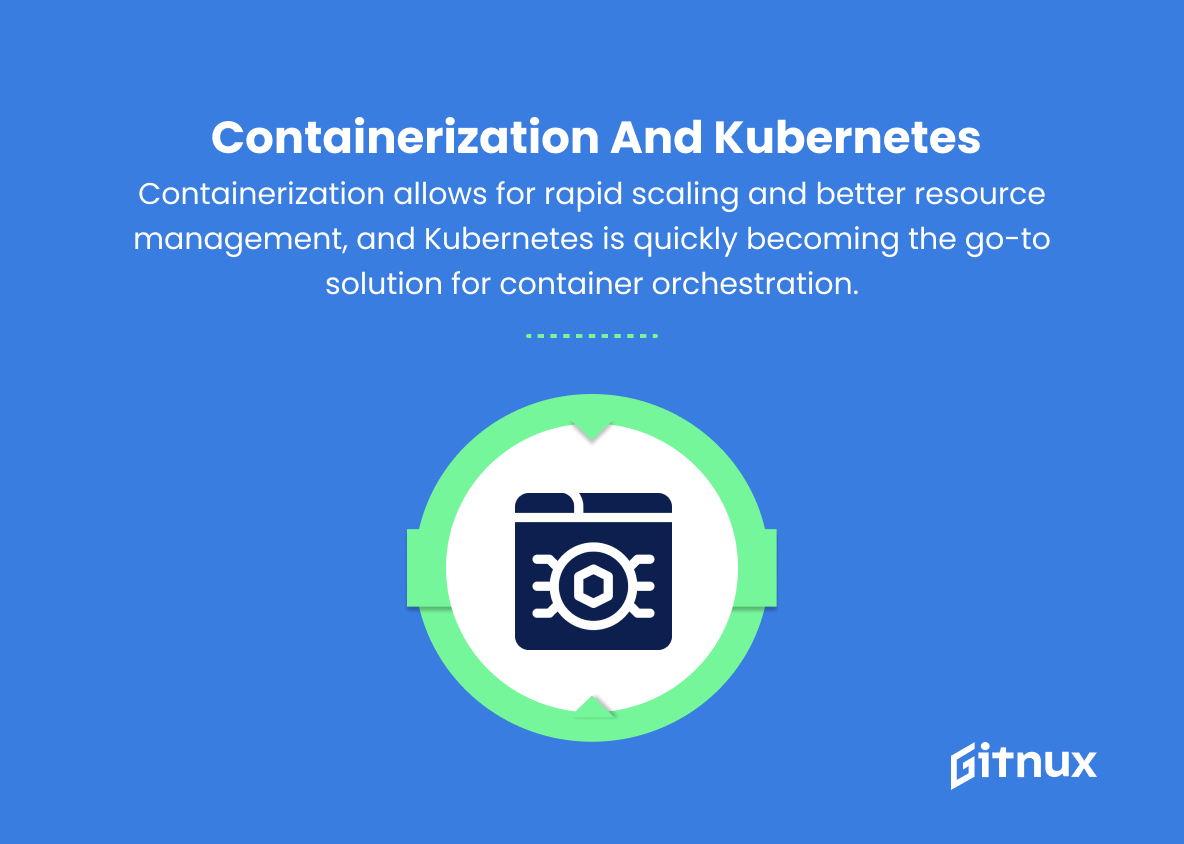In today’s digital ecosystem, an efficient and reliable web hosting service plays a critical role in determining the success of any online business venture. As a result, staying up-to-date with the latest web hosting trends has become increasingly essential to ensure peak performance, security, and convenience for your website visitors.
This blog post delves deeply into the rapidly evolving landscape of web hosting, examining emerging trends, innovative technologies, and industry-best practices that are transforming the manner in which businesses and individuals manage their online presence. Stay informed, stay competitive, and let’s explore together the future of web hosting.
Top Web Hosting Trends
1. Green Hosting
More companies are seeking environmentally friendly web hosting solutions to reduce their carbon footprint, leading to a rise in green hosting providers that prioritize energy efficiency and use renewable energy sources.
2. Cloud-based Hosting
As cloud technology advances, more businesses are turning to cloud-based hosting solutions for improved scalability, flexibility, and cost efficiency.
3. Managed Hosting Services
The demand for managed hosting solutions is increasing as businesses recognize the value of outsourcing the management and maintenance of their hosting infrastructure to professionals.
4. Serverless Hosting
With the growth of microservices and containerization, serverless hosting is becoming popular. This approach allows developers to deploy applications without concern for the underlying infrastructure, offering greater flexibility and cost savings.
5. Focus on Security
With the constant threat of cyber-attacks, web hosting providers are increasingly prioritizing advanced security features, including regular backups, DDoS protection, SSL certificates, and automated vulnerability scanning.
6. Integration with Content Delivery Networks (CDNs)
Web hosting providers are now offering integration with CDNs to offer faster loading times and improved site performance for visitors from around the world.
7. Multi-site Hosting
To cater to business owners who operate multiple web properties, hosting providers are offering packages that support multiple domain names under a single hosting plan.
8. Artificial Intelligence and Machine Learning
Features powered by AI and ML are being incorporated into hosting services, such as automated resource management, bot protection, and around-the-clock monitoring of server performance and vulnerabilities.
9. Customization and Automation
Web hosting providers are allowing users to access more customization options and automate tasks through the use of APIs, enabling smoother integration with different tools and software.
10. 5G Connectivity
As the rollout of 5G networks continues, the impact on web hosting will be significant, with the potential for faster connections and lower latency rates leading to improved overall web performance.
11. Edge Computing
The growth of edge computing will enable web hosts to provide more localized content delivery, reducing latency and increasing the speed at which content is processed and delivered to users.
12. Containerization and Kubernetes
Containerization allows for rapid scaling and better resource management, and Kubernetes is quickly becoming the go-to solution for container orchestration, further shaping the trends in web hosting.
Implications
Web hosting trends are continually evolving as businesses seek innovative and efficient ways to support their online presence. Green hosting and advances in cloud technology, such as cloud-based hosting and serverless hosting, are providing sustainable, flexible, and cost-effective solutions, while managed hosting services offer expert maintenance and infrastructure support. Advanced security features are becoming more dominant, with providers integrating Content Delivery Networks (CDNs) and multi-site hosting to improve site performance and simplify domain management.
Artificial intelligence and machine learning are being incorporated to enhance resource management and security. Customization and automation in web hosting are facilitated through APIs, paving the way for seamless integration with different tools and software. The deployment of 5G connectivity, combined with edge computing, allows for faster connections, lower latency, and localized content delivery, greatly enhancing overall web performance. The adoption of containerization and Kubernetes further drives scalable solutions and efficient resource management, further shaping the landscape of web hosting.
Conclusion
In conclusion, the landscape of web hosting is evolving at a swift pace, with advancements in technology and shifts in user behavior driving significant changes. Staying informed about these emerging trends, such as the growing need for eco-friendly hosting, an increased reliance on managed services, and the rise of cloud-based solutions, is essential for businesses and individuals who aim to maintain a competitive online presence.
By understanding and adapting to these trends, we can ensure optimum website performance, enhance user experience, and navigate the continuously transforming digital landscape. Keep an eye on these web hosting trends and be prepared to embrace the innovations that can propel your website towards a more secure, scalable, and sustainable future.
